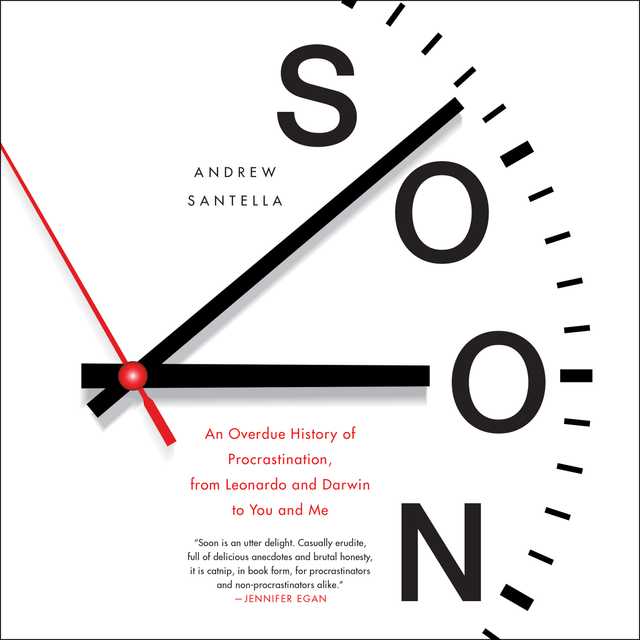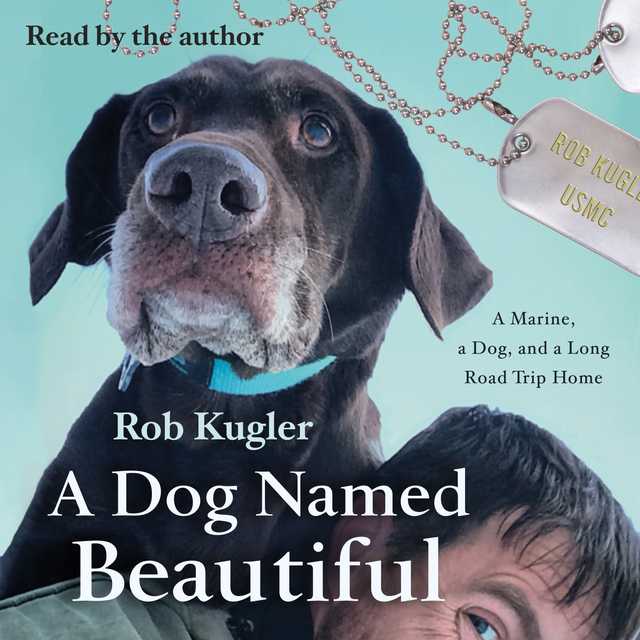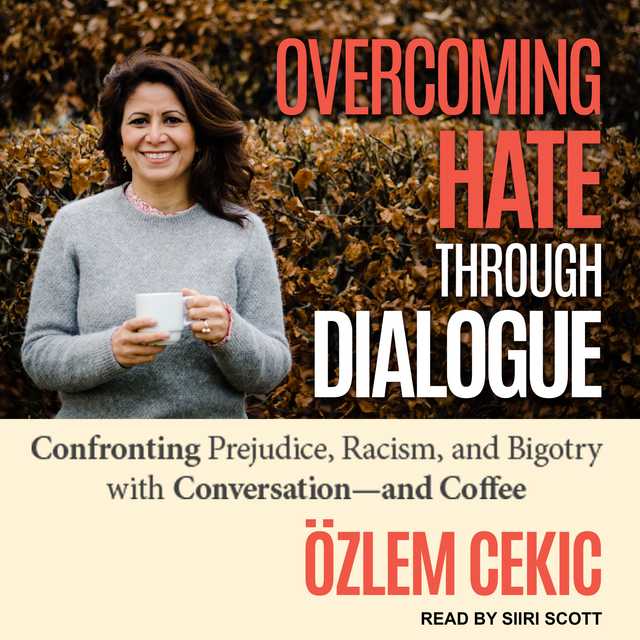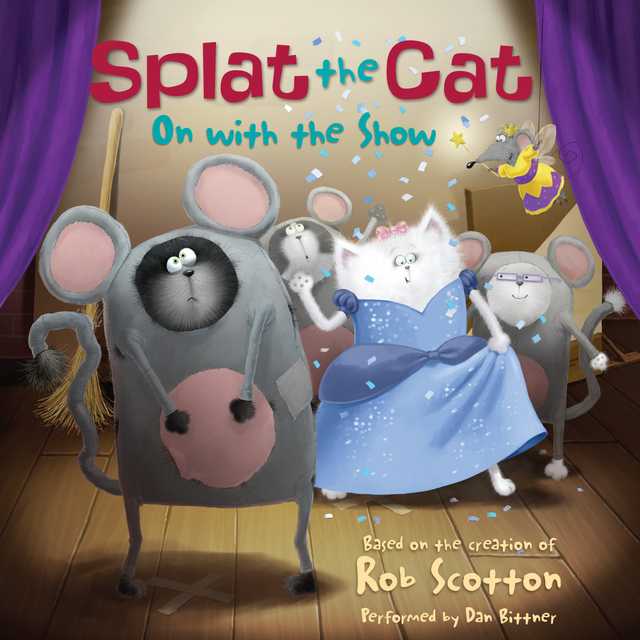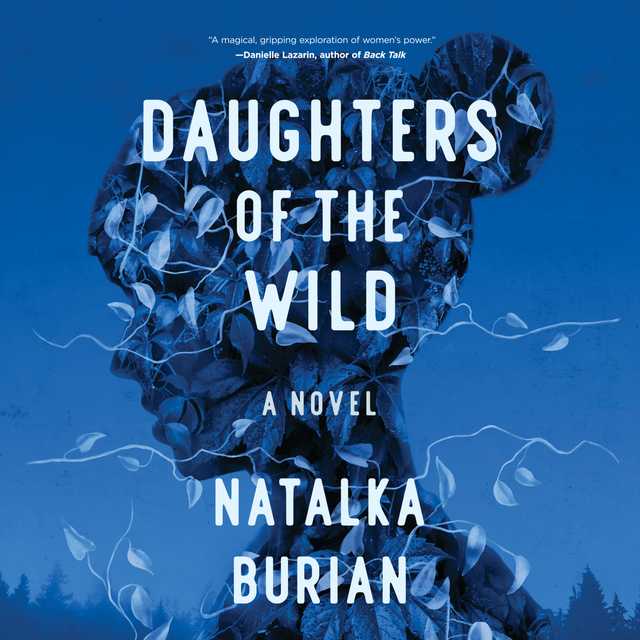Soon Audiobook Summary
“Well-researched…[Soon] argues that in many cases eminent figures have done great work while putting off work they were supposed to be doing. Procrastination might, for some people, be part of innovation and the creative process.” — Wall Street Journal
A fun and erudite celebration of procrastination
An entertaining, fact-filled defense of the nearly universal tendency to procrastinate, drawing on the stories of history’s greatest delayers, and on the work of psychologists, philosophers, and behavioral economists to explain why we put off what we’re supposed to be doing and why we shouldn’t feel so bad about it.
Like so many of us, including most of America’s workforce, and nearly two-thirds of all university students, Andrew Santella procrastinates. Concerned about his habit, but not quite ready to give it up, he set out to learn all he could about the human tendency to delay. He studied history’s greatest procrastinators to gain insights into human behavior, and also, he writes, to kill time, “research being the best way to avoid real work.”
He talked with psychologists, philosophers, and priests. He visited New Orleans’ French Quarter, home to a shrine to the patron saint of procrastinators. And at the home of Charles Darwin outside London, he learned why the great naturalist delayed writing his masterwork for more than two decades.
Drawing on an eclectic mix of historical case studies in procrastination–from Leonardo da Vinci to Frank Lloyd Wright, and from Old Testament prophets to Civil War generals–Santella offers a sympathetic take on habitual postponement. He questions our devotion to “the cult of efficiency” and suggests that delay and deferral can help us understand what truly matters to us. Being attentive to our procrastination, Santella writes, means asking, “whether the things the world wants us to do are really worth doing.”
Other Top Audiobooks
Soon Audiobook Narrator
Roger Wayne is the narrator of Soon audiobook that was written by Andrew Santella
Andrew Santella has written for such publications as GQ, the New York Times Book Review, Slate, and the Atlantic.com. He lives in Brooklyn, New York, where he is likely at this very moment putting off doing something important.
About the Author(s) of Soon
Andrew Santella is the author of Soon
More From the Same
- Publisher : HarperAudio
- Abraham
- American Gods [TV Tie-In]
- Dead Ringer
- House of Sand and Fog
- Prey
Soon Full Details
| Narrator | Roger Wayne |
| Length | 4 hours 15 minutes |
| Author | Andrew Santella |
| Category | |
| Publisher | HarperAudio |
| Release date | March 13, 2018 |
| ISBN | 9780062797537 |
Subjects
The publisher of the Soon is HarperAudio. includes the following subjects: The BISAC Subject Code is Creative Ability, Psychology
Additional info
The publisher of the Soon is HarperAudio. The imprint is HarperAudio. It is supplied by HarperAudio. The ISBN-13 is 9780062797537.
Global Availability
This book is only available in the United States.
Goodreads Reviews
Ally
April 19, 2018
I must admit, I did put off reading this book for the longest time. But once I delved into it, I saw in true procrastination like fashion, lots of antidotes/good stories about fellow esteemed procrastinators and putting off the answer how to fix the issue. It was everything I expected and wanted out of this book, would write a more solid ending to this, but I'll have to finish this thought later...
Azita
November 04, 2020
What a refreshing book! Really fun.
Kaisha
January 17, 2018
A beautiful philosophical meditation on the eternal problem of procrastination. Despite the cover's similarity to productivity and self-help books, Soon by Andrew Santella is anything but. There are no tips here, this will not motivate you to be more efficient or to complete your masterpiece. But that being said, I can't recommend it highly enough. A wonderful read!
Peter
March 24, 2021
This book arrivedin a package of discounted books I'd spent some time ordering. There were limited copies of some and because of my delay in finalising the order, mulling about finances and struggling with the website, I missed out on two of the most interesting books.This makes me a procrastinator, which for some appears unforgivable and even a moral failure, as at least as far as Andrew Santella's entertaining book explains. My defence (or explanation) would be that my decision-making was derailed by problems with the website, as well as whether I should really be ordering any books at all given the numbers of partly read or unread tomes in my possession. The loss of two possibly interesting texts is a consequence, but it's not the end of the world and I may find them again. Or not.Santella outs himself as a procrastinator, and proceeds to give examples of procrastination of historical figures, including the apparently somewhat organised and scheduled Charles Darwin, the somewhat erratic Leonardo da Vinci and others.Whether intended or not, he highlights an issue about this category being a judgement of outsiders i.e. that so much more would have been achieved by you, me or anyone else if we were more decisive, organised or whatever. This perspective presumes that people are all the same, or at least should be and that everybody is eminently trainable to be structured, scheduled, ordered, possibly in all aspects of life. Santella makes lists for instance, but really doesn't use them, suggesting that he's bought the idea that making a list is both useful and also a road to doing something, highly contestable in my view and here I'm speaking as a person that finds lists demotivating and that deadlines are not usually a problem. Making a list can be a waste of time, and a distraction from doing anything at all. Being focused on a task to the exclusion of anything else may mean that an idea goes to waste because it means interrupting what you're doing. I've just done that now, leaving where I'm sitting now to write down a phrase that I want to use later for something I'm intending to write about.Santella appears more easily distracted than I might be, but his personal examples make sense, even if I wouldn't necessarily go to that extent.This isn't an academic book, but some general musing about a topic with investigations involving the past (personal and otherwise) and some travel and interviews as seems to be the norm these days for a particular kind of writing.I read this in parts of the afternoon and evening, so did other things in between. I did have an aim to finish it, and then go back to other books I'm currently reading. If you're wondering about schools, workplaces and general cultural issues then this is an easy and informative way of making you think; if you find yourself under the label of "procrastinator" then there's a bit of laughter as well as some information for you to explain yourself (not defend) to yourself, and others.
Fern
April 01, 2018
If like me you are a procrastinator(Andrew, who knew we shared this!), or if you love a procrastinator(and who doesn't even if we may drive you a little crazy), you'll enjoy this lively, entertaining, funny, quick read filled with interesting journeys and tidbits of information.
Delia
March 26, 2018
A delightful extended essay on procrastination, meandering through Charles Darwin, Leonardo da Vinci, Albert Ellis, and Frank Lloyd Wright, this book is a quick read and the antithesis of self-help. It is full of choice quotable nuggets and meditations on the author’s fondness for dithering and putting off. I am grateful to this book for making me aware of the crow-assassinating St. Expedite.I read it in an extended gulp, pausing only to clean my bathroom thoroughly while avoiding all my more pressing life projects.
Brett
April 18, 2022
The most surprising thing about this blog post is that I’m writing it. Right now. Instead of tomorrow. Or the next day. Or the next month. That’s because I just finished listening to Andrew Santella’s 2018 book about procrastination, Soon: An Overdue History of Procrastination, from Leonardo and Darwin to You and Me.In the book, Santella, a chronic procrastinator like myself, sets out to sort of find solace, maybe even justification, in the research into why we procrastinate, in the procrastinators of the past, and in gallivanting around the world to get up close and personal with the monuments to procrastination (literally in one case). That is, I think I’m safe in saying that Santella is sick of procrastination having such a negative connotation in our society, and in point of fact, Santella’s thesis is that procrastination is often one of our few ways of rebelling against a society that commands order, regiment, and productivity in a timely fashion. Procrastination is our middle finger to the God of Now.But, of course, procrastination, all the usual joking aside, is decidedly one of the most anti-Buddhist concepts there is, much less to embrace it in any way, because it is anti-present. At least, anti-that-thing-I-must-do-in-the-present. Which makes it, in Santella’s estimation, an optimistic, and one could even say a faith-based, viewpoint because tomorrow is always there to be counted on — tomorrow we can get that thing done. However, where the destructive part comes in is that we all know we are going to die; thus our time is limited, and it would follow that to procrastinate is to self-sabotage our limited time on Earth.Santella’s answer to that is that the mind’s way of thinking of ways to not do what we are supposed to be doing is one of the the greatest gifts we have been given — that it gives life its flavor. In other words, all is not lost, not even time itself. That in chaos, there is creativity. In messiness, there is beauty. In shirking our responsibilities to the “now,” there are new doors to walk through.Of course, when you’re contrasting, as Santella does, the lives and accomplishments of da Vinci, Darwin, Frank Lloyd Wright, and others, it doesn’t exactly give me much solace. As he points out, yeah, they were all procrastinators in one way or another (Darwin procrastinated on the seminal work of his life, and our species, 1859’s On the Origin of Species, for 20 years because he was preoccupied with his love of, and fascination with, … barnacles), but uh, our form of procrastination is often to take a nap. So, it’s not like there is much gift in that, although I do love naps! But his point is taken that sometimes when I’m doing something else rather than the thing I ostensibly ought to be doing, some of my best work has manifest, and often related back to the thing I ought to be doing.In other words, it’s that writing cliché of, even walking (or napping) is “writing” because it’s giving myself the space (and time!) to actually do the writing.Let me hone in on Darwin for a moment because I would be remiss if I didn’t geek out. Admittedly, as someone who isn’t a science guy, but is fascinated by science, I don’t know much about Darwin, but consider: Darwin jotted down in his notebook “each species changes,” and with those three words, he changed the course of human events forever. I get goosebumps just writing that. Three simple words. From those three words, he came to understand the culling process of mutations, i.e., those that benefit (and allow those species to continue to survive), and those that lead to the downfall for a species, as the process of natural selection. Imagine arriving at this groundbreaking idea, one which Santella argues Darwin well-understood was as much, and sitting on it for two decades. What if he died before he could fully flesh it out?! I suppose that’s a mark against procrastination, or distractions! But hey, as Santella said, we all have our barnacles; our ways of doing everything but the thing.The more important point, I think, in Santella sifting through history to find the procrastinators of prior eras is to prove a point that cuts against conceptions of our modern culture: Distractions have always been with us, and procrastinators have always been held captive by them. Distractions and procrastinating therein is not a phenomenon of the digital age, the internet, and apps in our pocket; nor is it even the phenomenon of 24/7 cable news and the radio; or the telephone; or on and on. Procrastinators have walked in our midst, being distracted by this or that, for centuries. We stand on the shoulders of giants of procrastination.I think the worst stereotype, or negative connotation, associated with procrastination is that the person procrastinating is lazy. As a chronic procrastinator, I can feel the heat of the negative scorn when people call me a procrastinator, like I am messing up in some way. And Santella argues that this stereotype probably developed from the procrastinator himself, for after all, the procrastinator would rather you think they are lacking effort (being lazy) than think they are lacking ability. Because that is the worse charge of the two. It is the fear of not expressing one’s ability fully, and to its best capacity, that often stymies the start of something, leading to procrastination.Leaning on British philosopher Bertrand Russell’s In Praise of Idleness and Other Essays (where Russell argues, among other things, that a “great deal of harm” is done by those who buttress the virtuousness of work), Santella’s book is decidedly not an advice book (he detests those self-help books), but an apology in the nomenclature of the day, and an apologia, in the way the Greeks meant it, an “argument for” procrastination. He believes our culture is too geared toward productivity, embodying the cliché of “time is money,” and making us feel guilty for not doing the thing. For being a procrastinator. We are so uncomfortable with the thought of, well, sitting with our thoughts! Of being idle. Productivity. Efficiency. Go go go. However, arguably, unlike any other field, creativity sometimes needs that cauldron of idleness to blossom into something worthwhile.Procrastinators tend to fall into two categories, Santella said: The procrastinator who can’t even get started, and the procrastinator who can’t finish, both sometimes afflicted with a desire for perfection. I tend to float between both. Sometimes I find it difficult to start (but once I do, it’s easy, which is frustrating), and sometimes I find it difficult to finish (I get so amped to start that the follow-through is often lacking). Interestingly, Santella said he’s a procrastinator who also partakes in to-do lists because there is something satisfying about crossing items off of a to-do list. Yet, I was thinking, I’m not a to-do lister because that’s just another thing to do! What tends to happen is, if I do a calendar, or a list, or whatever else, I tend to ignore it. Womp womp.I’d be remiss if I didn’t give a shout-out to Roger Wayne, who read Santella’s book, and did a good job of conveying the casualness of the words. Santella’s book is easygoing, light, and humorous, although it does go deep in the nerdy woods on some of the historical procrastinators, and the research..I’m not sure I quite get to where Santella is in terms of feeling vindicated by the past for my future procrastination of the present, and that procrastination can be a gift, and a virtue, but I also agree with him that procrastination has an undue negative reputation, and we shouldn’t feel so darn guilty about it. Freeing ourselves from that guilt is a worthy endeavor.To that end, mission accomplished, Santella. I feel less guilty for now. Until next time.
Ian
July 21, 2018
I won this book in the giveaways back in February so when I finally got around to reading it I felt a little connection. Honestly though, I wasn't sure if I would like this book, but it turned out to be a well researched and interesting book. I'm glad I finally decided to read it.
Allison
July 25, 2019
I grabbed this during my giant haul of books because I saw the word “procrastination” was like MEEEEEE I PROB SHOULD WORK ON FIXING THIS ABOUT MYSELF. This book I feel validated procrastination, explained reasons for it thoroughly, and normalized it. It was nice, actually. Instead of scaring me into thinking about the dreaded WASTED TIME it made me feel A-OK as I am . Reading it I have been a bit more mindful and catching myself while in the process of procrastination so I guess that is some progress already. I really loved this book. If you are a procrastinator, I suggest you get around to reading this someday.
Will
January 21, 2019
The author makes an interesting case and perspective to give examples of historical people procrastinating.People doing a lot of procrastination, also means doing many other activities that are not what they are supposed to do at that time. And those seemingly non-related activities may be beneficial to their final works.The author speaks from his own experience and thought process, although after sometimes, they become a little too repetitive, too predictable, and too verbose.Overall, it is a fresh look and I enjoyed finishing the book in a short time.
Joe
January 11, 2019
Whew, this book really got to me. I'm a procrastinator and I come from a long line of procrastinators. Andrew Santella delivers a clever self-ownership from a procrastinator about procrastination. The book also provides fun anecdotes about Charles Darwin and Leonardo da Vinci, as well as historical writings about the subject, including one that railed against the "cult of efficiency." This book helped me understand procrastination a little better, and is a fun read. Also, I'm very excited to have reached the end of this review without once joking that I would read it eventually.
Most Popular Audiobooks
Frequently asked questions
Listening to audiobooks not only easy, it is also very convenient. You can listen to audiobooks on almost every device. From your laptop to your smart phone or even a smart speaker like Apple HomePod or even Alexa. Here’s how you can get started listening to audiobooks.
- 1. Download your favorite audiobook app such as Speechify.
- 2. Sign up for an account.
- 3. Browse the library for the best audiobooks and select the first one for free
- 4. Download the audiobook file to your device
- 5. Open the Speechify audiobook app and select the audiobook you want to listen to.
- 6. Adjust the playback speed and other settings to your preference.
- 7. Press play and enjoy!
While you can listen to the bestsellers on almost any device, and preferences may vary, generally smart phones are offer the most convenience factor. You could be working out, grocery shopping, or even watching your dog in the dog park on a Saturday morning.
However, most audiobook apps work across multiple devices so you can pick up that riveting new Stephen King book you started at the dog park, back on your laptop when you get back home.
Speechify is one of the best apps for audiobooks. The pricing structure is the most competitive in the market and the app is easy to use. It features the best sellers and award winning authors. Listen to your favorite books or discover new ones and listen to real voice actors read to you. Getting started is easy, the first book is free.
Research showcasing the brain health benefits of reading on a regular basis is wide-ranging and undeniable. However, research comparing the benefits of reading vs listening is much more sparse. According to professor of psychology and author Dr. Kristen Willeumier, though, there is good reason to believe that the reading experience provided by audiobooks offers many of the same brain benefits as reading a physical book.
Audiobooks are recordings of books that are read aloud by a professional voice actor. The recordings are typically available for purchase and download in digital formats such as MP3, WMA, or AAC. They can also be streamed from online services like Speechify, Audible, AppleBooks, or Spotify.
You simply download the app onto your smart phone, create your account, and in Speechify, you can choose your first book, from our vast library of best-sellers and classics, to read for free.
Audiobooks, like real books can add up over time. Here’s where you can listen to audiobooks for free. Speechify let’s you read your first best seller for free. Apart from that, we have a vast selection of free audiobooks that you can enjoy. Get the same rich experience no matter if the book was free or not.
It depends. Yes, there are free audiobooks and paid audiobooks. Speechify offers a blend of both!
It varies. The easiest way depends on a few things. The app and service you use, which device, and platform. Speechify is the easiest way to listen to audiobooks. Downloading the app is quick. It is not a large app and does not eat up space on your iPhone or Android device.
Listening to audiobooks on your smart phone, with Speechify, is the easiest way to listen to audiobooks.

